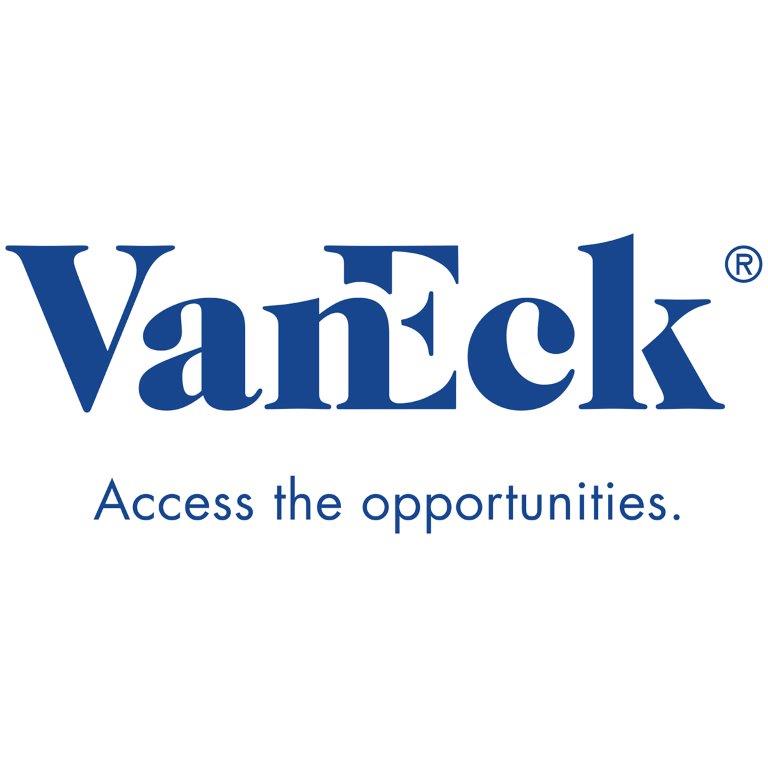VanEck has closed its equally weighted North America ETF following a prolonged period of dwindling demand, ETF Stream can reveal.
In an update last week, the US-based asset manager said it was delisting its €9.4m VanEck Vectors Morningstar North America Equal Weight UCITS ETF (TNAE), effective 1 February
TNAE will delist from all exchanges including the London Stock Exchange, Six Swiss Exchange, Euronext Brussels, Euronext Amsterdam, Deutsche Boerse and Borsa Italiana.
In a statement, VanEck said: “After careful consideration following a review of the current product range, taking into account the assets under management and the long-term interests of investors. The directors have resolved that it is in the best interest of the fund and their investors to close TNAE.”
Launched in 2015, flows into the ETF have been flat since inception, adding less than half a million assets over the past three years, according to data from ETFLogic.
Despite this, performance has been solid, returning 95% over the past five years, but slightly lower than its market cap weighted counterparts over the same period.
For example, the $1bn iShares North America UCITS ETF (INAA) and the $2.4bn Vanguard FTSE North America UCITS ETF (VNRT) returned 119.9% and 107.1% over five years, respectively.
Equally weighted indices, particularly in the tech and growth stock heavy North American markets, are often used to counterbalance against market cap weighted bias.
S&P 500 equal weight ETFs were in vogue at the onset of the year as investors flooded into value on the back of positive news on the vaccine. However, outflows followed later in the year as investors bet on a cyclical shift back into mega-cap growth stocks.
TNAE has 35.5% of its assets weighted to information technology and consumer discretionary stocks, traditional growth stocks, versus 40.9% for INAA and 47.2% for VNRT.
For example, VanEck’s offering has a much lower allocation to mega cap stocks such as Apple (1.2%) versus INAA and VNRT, in which the tech giant accounts for 6.5% and 6.15%, respectively.
Related articles:



